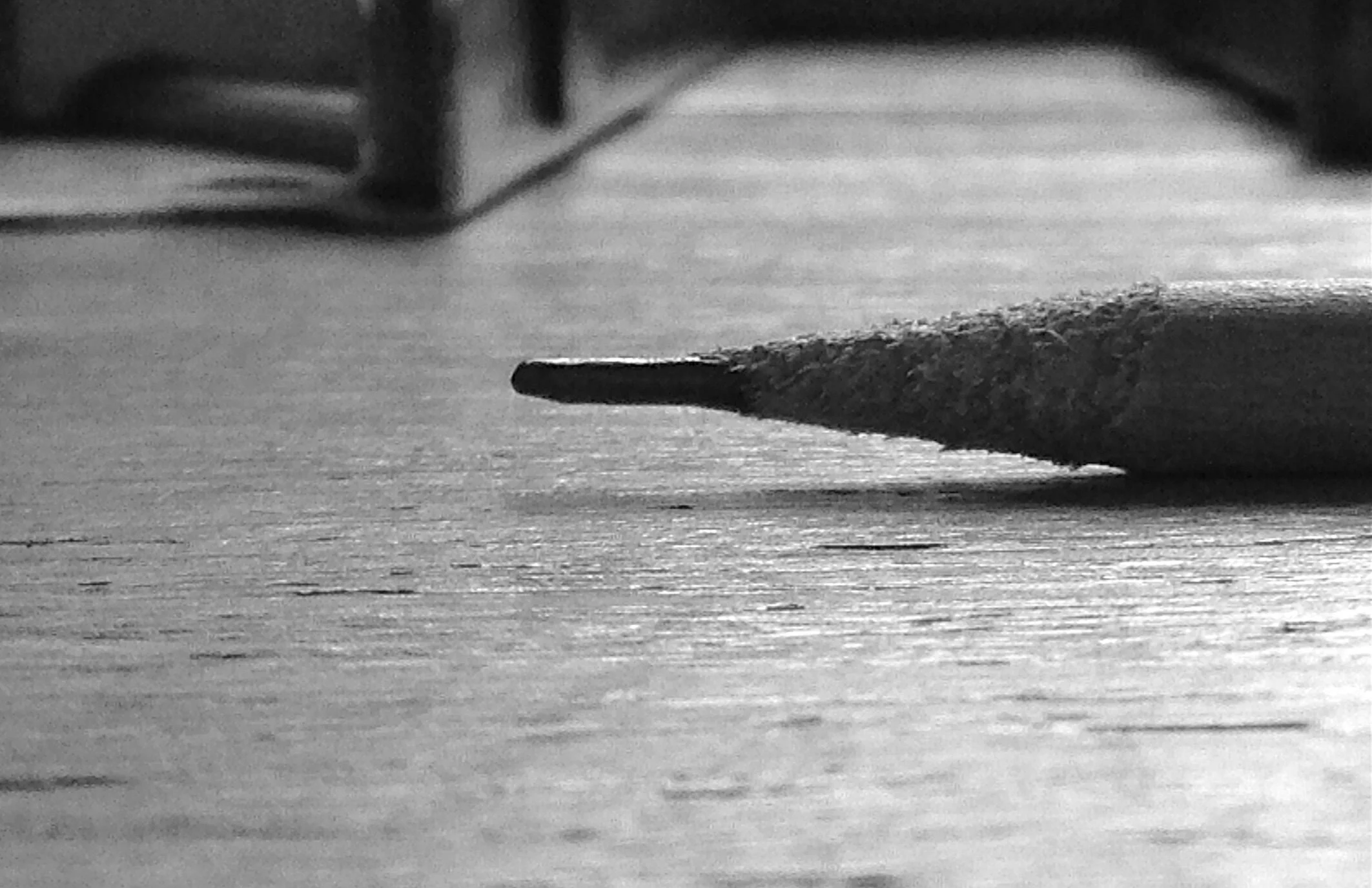The Last Unicorn
/I can never regret. I can feel sorrow, but it's not the same thing.
~ Unicorn
quick fox: C-
winding dragon
In 2014, Peter S. Beagle came to Marcus Cinema Bay Park Square Mall in Green Bay on a tour, which presented a digitally remastered edition to the movie adaptation (1982) of his novel (1962), The Last Unicorn. At that time, I had not yet read the book and I was only there because my older siblings had. So when Beagle, as he was autographing a copy of his book I had just bought, asked me,
“What do you think of my book?” I just sort of stood there for several awkward seconds and mumbled out,
“Um…yeah. It was, uh, good.” Now, if I met Beagle again and he asked me that same question, I would tell him that I absolutely love the book.
The movie I would have to think about.
The story goes that one day in her peaceful forest, the unicorn (Mia Farrow) overhears a couple of hunters say that there are no more unicorns left in the world, so she embarks to discover where the other unicorns have vanished to. Along the way, she receives the aid from Schmendrick the magician (Alan Arkin), Molly Grue the cook (Tammy Grimes), and Prince Lír the hero (Jeff Bridges), and fights against the dastardly forces of King Haggard (Christopher Lee) and the Red Bull.
Usually when I review film or TV or stage adaptations from books, I try to separate them from their original source, because I believe that each medium representation should have a chance to stand on its own. The directing duo of Jules Bass and Arthur Rankin Jr. kind of makes that impossible. The Last Unicorn is created with the assumption that the audience would go in already have read the book. Many of the plot points from the book are hastily thrown into the movie, and where the book has the luxury of threading in the thematic elements within the narration, the film’s pacing is rushed and feel like random scenes thrown together.
Another aspect that drags the film down is the voice acting, which is a little surprising considering all the famous actors in the movie. The accents at times it sounded like an American trying to sound British and vice versa, and the timing of the sound editing was misplaced often enough that it takes me out of the moment. Another thing that contributes to the problem is the screenplay, which was also written by Beagle. In the book, the dialogue has a rich, poetic tone that is complemented by the narration. In the film, the script tries to follow the same fanciful style, but the actors’ voices rarely match the characters’ actions or the situation, and the poetic tone feels out of place.
Basically, the audience’s appreciation for the film will come down to whether they have read the book or not. The first time I watched The Last Unicorn, I thought it was pleasant but randomly pieced together. After the book, I still found the movie randomly pieced together, but at least I understood where those pieces came from.
